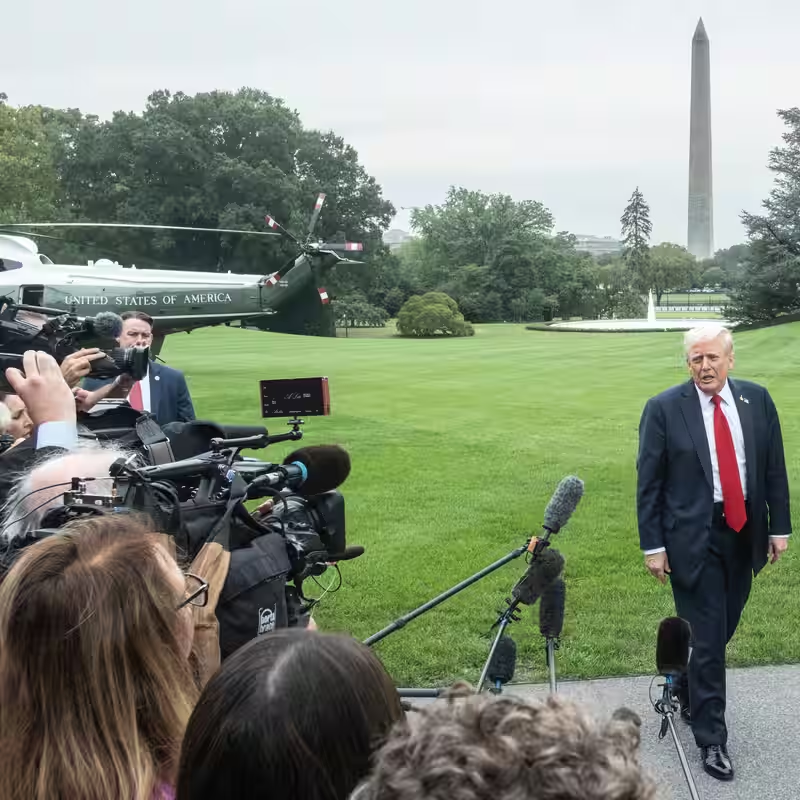In a move that’s equal parts diplomatic gamble and political theater, President Donald Trump hailed a “big day” for Middle East peace after Hamas signaled conditional support for his ceasefire proposal—despite pointedly ignoring key Israeli demands like disarming and stepping down from power.
Deal First, Details Later?
Speaking from the Oval Office on Friday, Trump announced that Hamas had agreed to begin talks on returning hostages abducted during the October 7 attacks—a major win for his administration’s high-stakes mediation effort .
“We’ll see how it all turns out,” Trump said with characteristic optimism, adding, “Very importantly, I look forward to having the hostages come home to their parents.”
But behind the celebratory tone lies a fragile framework. Hamas’s response accepted parts of Trump’s plan while sidestepping core conditions Israel insists are non-negotiable—especially the group’s future political role in Gaza.
What’s in Trump’s Ceasefire Plan?
- Immediate release of all hostages held in Gaza
- Halt to Israeli airstrikes on civilian areas
- Humanitarian corridor expansion for food, medicine, and fuel
- Post-war governance talks—though Hamas’s role remains undefined
Notably absent from Hamas’s reply: any mention of laying down arms or relinquishing control. Israeli Prime Minister Benjamin Netanyahu’s office later confirmed Israel would move forward with the “first stage” of Trump’s plan—but only “in accordance with Israel’s principles,” suggesting tough negotiations lie ahead.
A Classic Trump Play
Critics call it “diplomacy by headline.” Supporters see it as bold dealmaking. Either way, Trump’s “deal first, details later” approach has defined his foreign policy since his first term—whether brokering Abraham Accords or walking away from Iran talks.
White House Press Secretary Karoline Leavitt added to the drama on social media: “Stay tuned!”—a phrase that’s become shorthand for the administration’s fast-moving, often improvisational style.
What Comes Next?
If the ceasefire holds even temporarily, it could open the door to prisoner exchanges, aid deliveries, and possibly a broader political settlement. But with trust at an all-time low and hardliners on both sides watching closely, one misstep could reignite full-scale war.
For now, Trump is betting that momentum—and media attention—can bridge the gaps that diplomats have struggled with for nearly two years.




